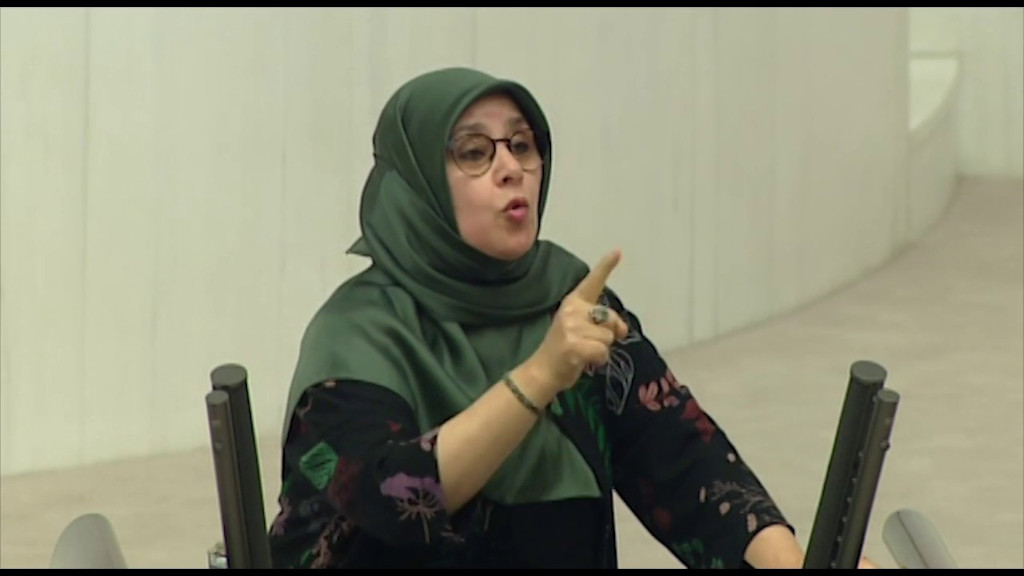Turkey’s opposition politicians have criticized a recent statement by President Recep Tayyip Erdoğan, accusing him of once again bringing up the issue of the headscarf ban abolished by his Justice and Development Party (AKP) government for political gain.
“You should, first and foremost, reconcile with my headscarved sisters,” Erdoğan recently told main opposition Republican People’s Party (CHP) leader Kemal Kılıçdaroğlu after he had promised to acknowledge the injustices of current and previous governments and make amends for the suffering they have caused various segments of society if his party comes to power in the 2023 elections.
The opposition’s criticism regarding the issue came in response to the president’s remarks, which were seen as another attempt by Erdoğan to polarize society, despite the CHP’s recent move in the opposite direction, for political gain.
“In my opinion Turkey has already overcome the headscarf issue. All segments of society have overcome it. … I’ve expressed in all areas of my life that the headscarf ban wasn’t right. … We need to determine a good vision for the future so that the same scenarios don’t happen again,” the CHP leader told reporters Thursday on Habertürk TV.
When asked his opinion on headscarved ministers, Kılıçdaroğlu said: “You’ll see them, have no doubt. … Of course, we can have headscarved ministers when we come to power. We already have some [headscarved officials] in our party assembly, we have [headscarved] provincial heads. Why wouldn’t we have them in our cabinet?”
“Women wearing the headscarf aren’t your daughters or sisters,” pro-Kurdish Peoples’ Democratic Party (HDP) deputy Hüda Kaya, who also wears a headscarf, tweeted on Thursday in reference to Erdoğan’s remarks.
“We know how to fight all mindsets that are against freedoms,” she continued, underlining that the ruling AKP would see how headscarved women in the country would overthrow their reign in the next elections scheduled for 2023.
Since the establishment of the Republic of Turkey in 1923, a strict version of secularism had been in place, and wearing headscarves in public institutions was banned in the 1980s.
The ruling AKP abolished a ban on the wearing of headscarves at Turkish universities in 2010, while the same ban was abolished for civil servants in 2017.
According to Turkey’s secular circles, the headscarf is a symbol of religious conservatism, and they accuse Erdoğan of abusing the headscarf ban to polarize society and consolidate its conservative grassroots.
The president also came under fire for his policies regarding headscarved women described by many as hypocritical since scores of them in Turkey were detained and arrested for alleged links to the faith-based Gülen movement in the aftermath of a July 15, 2016, coup attempt, and many of them were subjected to strip-searches and harassment in prisons and detention centers, according to widespread claims brought to the floor of parliament by HDP deputy Ömer Faruk Gergerlioğlu in late 2020.
Erdoğan and his ruling AKP accuse the movement, inspired by the ideas and activism of Muslim cleric Fethullah Gülen, of masterminding the 2016 coup attempt and label it a terrorist organization. The movement strongly denies involvement in the coup attempt or any terrorist activity.



